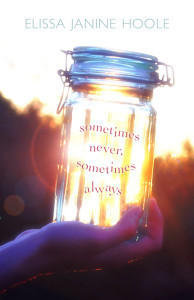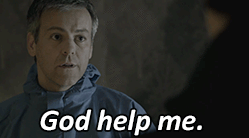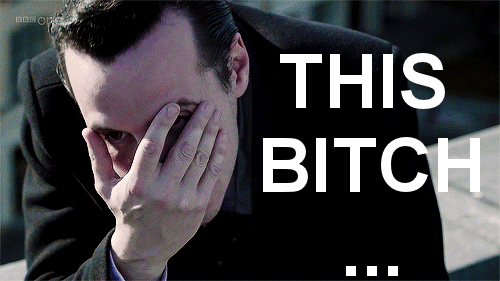What do you think?
Rate this book


360 pages, Paperback
First published November 1, 2013
Okay, so I’m not crazy, but really, this is what happens. Have you ever done this? Have you ever locked eyes with yourself in a strange mirror and wondered about the spaces between the spinning motes of dust?


